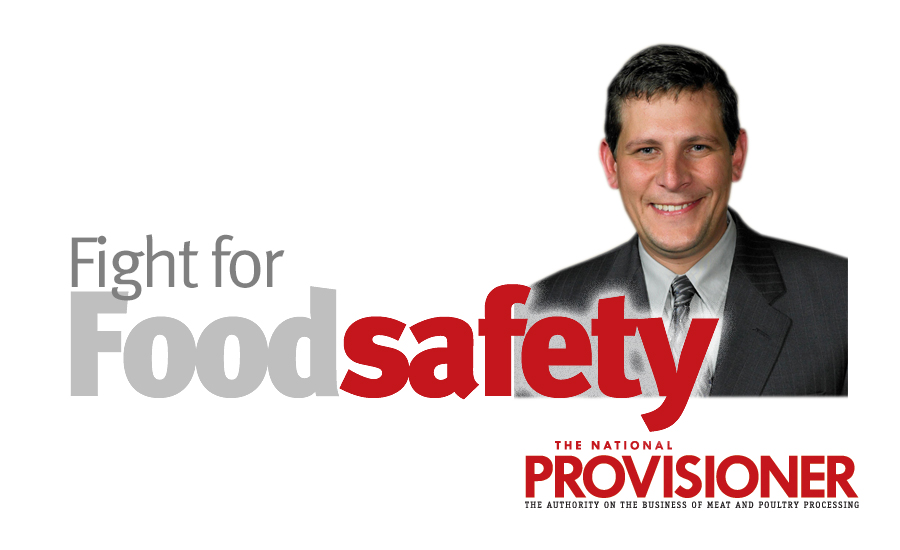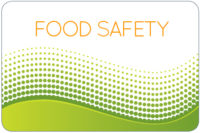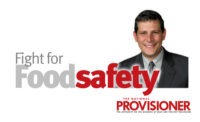In terms of food safety, it has been a difficult year for the broader food industry. There has been a nearly continuous stream of high-profile outbreaks and recalls. History continues to prove that no food product is safe. Popular foods such as breakfast cereals, cut vegetables, salads, eggs, melons, coconuts and romaine lettuce have sickened consumers at alarming rates. There have already been nearly 400 recalls this year, and it is only August.
While it is impossible to predict what the ramifications of this year’s outbreaks and recalls will be, it is safe to surmise the financial impact of the recalls and outbreaks will reach well into the hundreds of millions, if not billions, of dollars. Worse than the financial impact, of course, is the impact on the families and victims of foodborne illness. We must do better. We must continue to review our programs, carefully select and audit suppliers to enhance product safety and decrease risk, hire consultants to review with fresh eyes the efficacy of our systems and expend additional resources to more effectively safeguard our products.
I wrote in March that we are living in an era of rapid change, and that pathogen detection will continue to improve, outbreak surveillance will continue to improve, new regulations will be imposed and enforcement will continue to intensify. That continues to hold true. I believe the increase in recalls and outbreaks is at least partially because of an enhanced ability to detect outbreaks and their causes.
Despite the well-known problems this year, a careful analysis of the data reveals that there is much for the meat industry to be proud of. For instance, of the nearly 400 recalls in 2018, only 67 fell under the jurisdiction of USDA’s Food Safety and Inspection Service (FSIS), whereas the others involved Food and Drug Administration (FDA)-regulated products. Of those 67 recalls, only 10 were necessitated by the possible presence of pathogens. Of the 10 pathogen-related recalls, two were linked to a third-party supplier’s contaminated seasoning and another was linked to a third-party supplier’s contaminated romaine lettuce. Considering Americans collectively consume approximately 40 billion of pounds of meat each year, the number of pathogen-related recalls is remarkably small. For that, the meat industry deserves a great deal of credit. Congratulations.
Nevertheless, we must not only remain diligent, but continue to work even harder to improve our food safety systems. Our attitude must be that even a single preventable illness is unacceptable. Recent events have taught us contamination continues to be far more prevalent and persistent than we once thought. Consequently, we must double down to continue building on the incredible success that has brought us to where we are today. Stated differently, we must continue to invest in food safety today if we are to eliminate the recalls and foodborne illness outbreaks of tomorrow. By making the necessary investments today, you will significantly reduce the risk of costly recalls, minimize your legal exposure and vastly improve your bottom line. NP





Report Abusive Comment